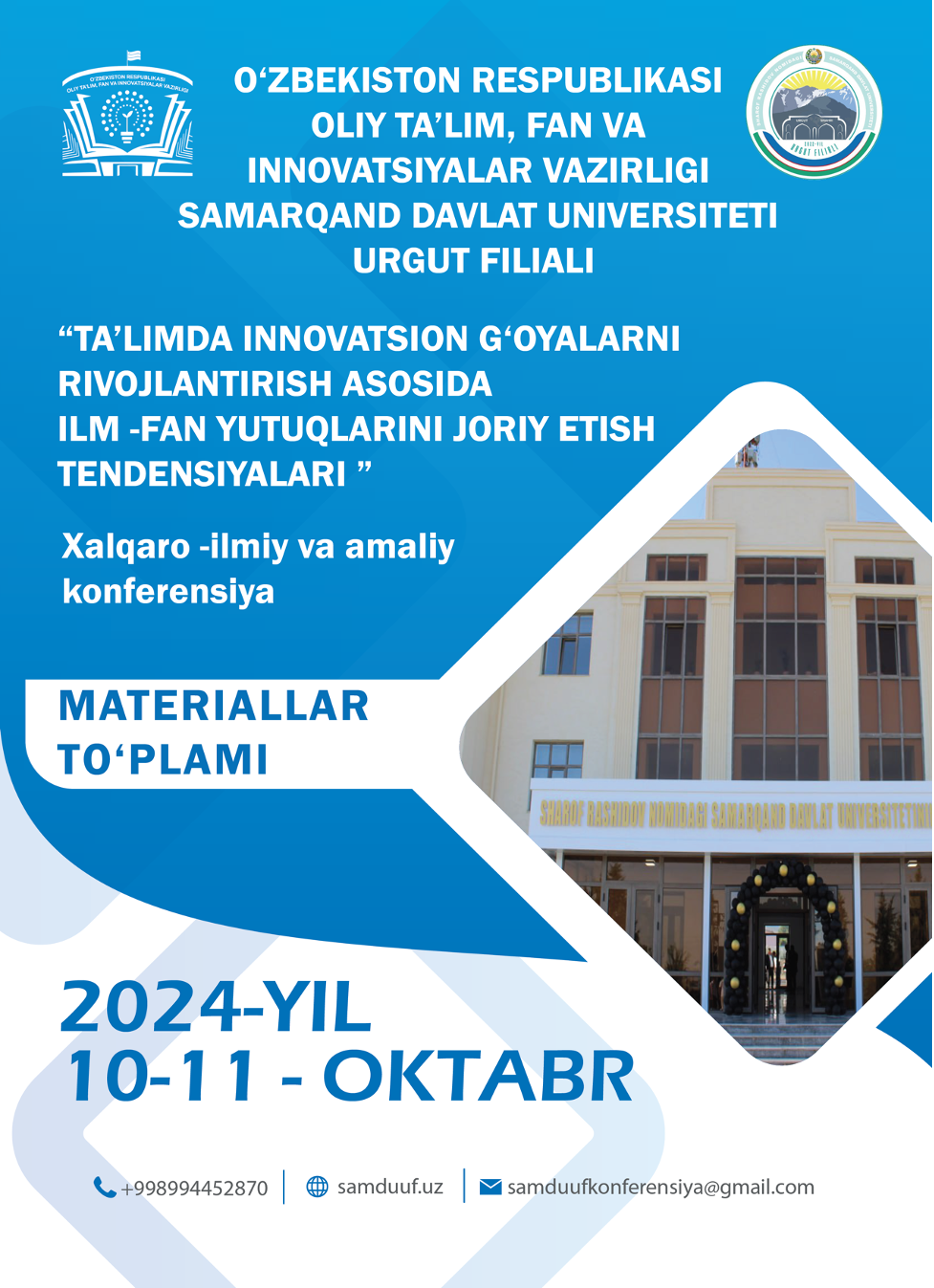ANALYSIS OF MACHINE LEARNING TECHNIQUES TO DETECT DROWSINESS
Keywords:
Drowsiness detection, CNN, RNN, Transfer Learning, Hybrid Approaches, driver safety, video frame analysisAbstract
Detecting driver drowsiness is crucial for preventing accidents and ensuring road safety. This thesis presents an analytical evaluation of machine learning techniques for detecting drowsiness based on video frames. Convolutional Neural Networks (CNNs), Recurrent Neural Networks (RNNs), Transfer Learning, and Hybrid Approaches are reviewed to identify the most efficient method for recognizing key indicators such as eye closure and yawning. Among these techniques, CNNs stand out as the most effective due to their superior ability to extract spatial features from images and video. The findings suggest that CNNs offer the best balance of accuracy, simplicity, and real-time applicability, making them the preferred approach for drowsiness detection.
References
1. Abtahi, S., Omidyeganeh, M., Shirmohammadi, S., & Hariri, B. (2014). YawDD: A yawning detection dataset. Proceedings of the 5th ACM Multimedia Systems Conference, 24-35. doi:10.1145/2557547.2557575
2. Viola, P., & Jones, M. J. (2004). Robust real-time face detection. International Journal of Computer Vision, 57(2), 137-154. doi:10.1023/B 0000013087.49260.fb
3. Krizhevsky, A., Sutskever, I., & Hinton, G. E. (2012). ImageNet classification with deep convolutional neural networks. Advances in Neural Information Processing Systems, 25, 1097-1105. doi:10.1145/3065386
4. Hochreiter, S., & Schmidhuber, J. (1997). Long short-term memory. Neural Computation, 9(8), 1735-1780. doi:10.1162/neco.1997.9.8.1735
5. He, K., Zhang, X., Ren, S., & Sun, J. (2016). Deep residual learning for image recognition. Proceedings of the IEEE Conference on Computer Vision and Pattern Recognition (CVPR), 770-778. doi:10.1109/CVPR.2016.90
6. Goodfellow, I., Bengio, Y., & Courville, A. (2016). Deep Learning. MIT Press.
7. Sun, S., Zheng, H., & Cheng, G. (2020). A survey of transfer learning in deep neural networks. Journal of Big Data, 7(1), 1-40. doi:10.1186/s40537-019-0192-5
8. Khushaba, R. N., Kodagoda, S., Lal, S., & Dissanayake, G. (2011). Driver drowsiness classification using fuzzy wavelet-packet-based feature-extraction algorithm. IEEE Transactions on Biomedical Engineering, 58(1), 121-131. doi:10.1109/TBME.2010.2077291
9. Zhang, Z., & Zhang, J. (2010). A survey of facial detection and recognition techniques. ACM Computing Surveys, 43(4), 1-42. doi:10.1145/1749603.1749608
10. Vinayak, D., & Ramesh, B. (2018). Deep learning techniques for drowsiness detection using video data. International Journal of Computer Applications, 179(42), 12-17. doi:10.5120/ijca2018917203
11. Bhat, S., & Raghavendra, R. (2019). Driver drowsiness detection using deep learning techniques. Journal of Engineering Research and Applications, 9(5), 1-7. doi:10.35629/8028-0905010107
12. Zhu, S., & Wang, D. (2020). A comprehensive survey on human action recognition with deep learning. Journal of Visual Communication and Image Representation, 72, 102873. doi:10.1016/j.jvcir.2020.102873
13. Ranjan, R., & Zisserman, A. (2017). HyperFace: A deep multi-task learning framework for face detection, landmark localization, pose estimation, and gender recognition. IEEE Transactions on Pattern Analysis and Machine Intelligence, 41(1), 121-135. doi:10.1109/TPAMI.2017.2659886
14. Dong, Y., & Li, S. (2018). Real-time driver drowsiness detection based on deep learning and facial features. Sensors, 18(10), 3370. doi:10.3390/s18103370
15. Wang, Z., & Zhang, L. (2018). Recent advances in deep learning for speech emotion recognition. IEEE Access, 6, 35534-35547. doi:10.1109/ACCESS.2018.2846827.
Downloads
Published
Issue
Section
License
Copyright (c) 2024 Rai H.M., Xamidov M.M.

This work is licensed under a Creative Commons Attribution-NonCommercial-NoDerivatives 4.0 International License.
All Rights Reserved.





